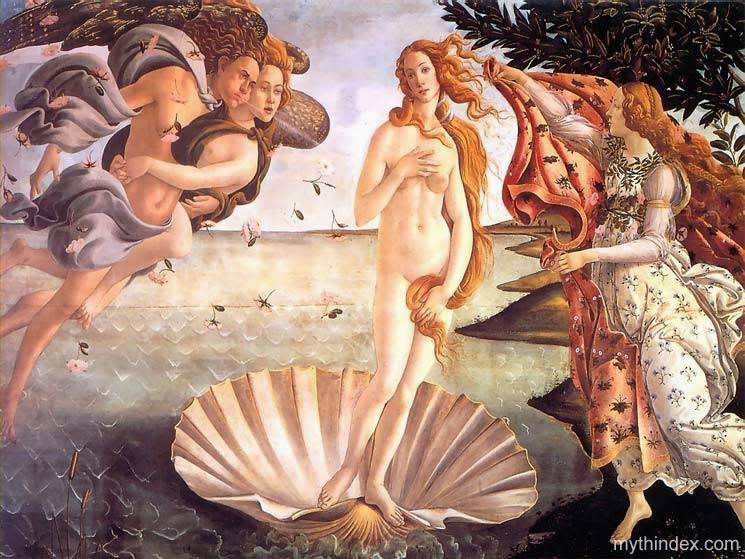The Children of Zeus

Ares
CHILDREN OF ZEUS AND HERA: EILEITHYIA, HEBE, HEPHAESTUS, AND ARES
EILEITHYIA was a goddess of childbirth, like her mother, Hera, and Artemis.
HEBE, “youthful bloom,” was a cupbearer of the gods. She became the wife of Heracles.
HEPHAESTUS was sometimes considered to be the son of Hera alone. He was lame from birth and Hera, ashamed of his deformity, cast him out of Olympus; we are also told that once, when he interfered in a quarrel between Zeus and Hera on behalf of his mother, Zeus hurled him down from Olympus and he landed on the island of Lemnos, which became his cult-place. In either case, he was restored to Olympus. Hephaestus was above all a divine artisan and smith, a god of the forge and its fire, whose workshop was said to be in various places, including Olympus. Assisted by the three Cyclopes, he could create marvelous masterpieces of every sort, among them the shield of Achilles.
ARES was the virile and brutal god of war, associated with the area of Thrace. ARES was the great Olympian god of war, battlelust, civil order and manly courage. In Greek art he was depicted as either a mature, bearded warrior dressed in battle arms, or a nude beardless youth with helm and spear. Because of his lack of distinctive attributes he is often difficult to identify in classical art.

HEPHAESTUS
HEPHAESTUS, APHRODITE, AND ARES
The wife of Hephaestus was Aphrodite; theirs was an archetypal union between the lame intellectual and the sensuous beauty. Aphrodite turned to the handsome and whole Ares for sexual gratification (playing out yet another archetype); but military Ares and promiscuous Aphrodite were outwitted by the ingenious and moral Hephaestus, who fashioned unbreakable chains that were fine as a spider's web and hung them as a trap on the bedposts above his bed. Thus he ensnared the unwitting lovers in the midst of their illicit lovemaking and summoned the gods down from Olympus to witness the ludicrous scene. Ares and Aphrodite were released from their chains only when it was agreed that Ares should pay an adulterer’s fine.
Aphrodite

GANYMEDE
Zeus, in the form of an eagle or a whirlwind, carried off the handsome Trojan GANYMEDE to be, like Hebe, a cupbearer to the gods. The Homeric Hymn to Aphrodite explains:
Zeus in his wisdom seized and carried off fair-haired Ganymede because of his beauty, so that he might be in the company of the gods and pour wine for them in the house of Zeus, a wonder to behold, esteemed by all the immortals, as he draws red nectar from a golden bowl.
Zeus took pity on Ganymede’s father, who mourned since his son had mysteriously disappeared, and gave him the gift of wondrous horses. To console the father, Zeus sent Hermes to explain how Ganymede would never grow old but be immortal just like the gods. And the father rejoiced.
The innocence of this depiction implies the joyous calling of a young man chosen by god for a special immortality. The sensual appreciation of beauty, on the other hand, encourages another interpretation: the passionate, homosexual love of the supreme god Zeus for the young and handsome Ganymede.